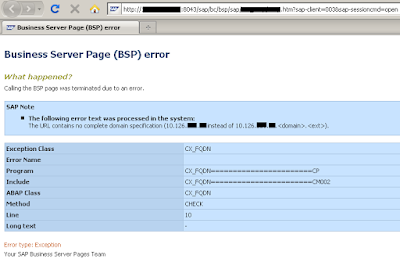SAP FI (Financial Accounting)
SAP FI (Financial Accounting) is a module within SAP ERP that focuses on managing an organization's financial transactions, accounting processes, and financial reporting. It is one of the core modules of SAP and is widely used by businesses to handle their financial management activities. Here are some key features and functionalities of the SAP FI module:
General Ledger (GL) Accounting: SAP FI allows you to create and manage the general ledger, which is the central repository for financial transactions. It supports the recording, posting, and analysis of financial data across various accounts.
Accounts Payable (AP): This component of SAP FI manages the organization's payable accounts, including vendor invoices, payments, and reconciliation. It helps in maintaining accurate records of outstanding liabilities.
Accounts Receivable (AR): The AR functionality handles customer invoices, receipts, credit management, and collections. It enables organizations to track customer payments and manage outstanding receivables.
Asset Accounting: SAP FI offers comprehensive asset accounting capabilities, including asset master data management, acquisition and retirement of assets, depreciation calculation, and asset reporting. It helps track and manage an organization's fixed assets.
Bank Accounting: This feature enables organizations to manage their bank transactions, bank statements, and cash positions. It supports automatic bank reconciliation and facilitates electronic bank communication.
Financial Statements and Reporting: SAP FI provides robust financial reporting capabilities, allowing users to generate standard financial statements like balance sheets, income statements, and cash flow statements. It also supports customized reporting for specific business requirements.
Financial Closing: The module assists in the period-end and year-end closing activities, including the creation of financial statements, reconciliation of sub-ledgers, and carrying forward balances to the next period.
Controlling Integration: SAP FI integrates closely with the SAP CO (Controlling) module to provide a comprehensive financial management solution. This integration ensures a seamless flow of data between financial accounting and managerial accounting functions.
Tax Management: SAP FI enables organizations to manage tax-related processes, including tax calculation, reporting, and compliance with local tax regulations.
Foreign Currency Management: The module supports multi-currency transactions and provides functionalities for currency conversion, valuation, and foreign exchange rate management.
These features make SAP FI a powerful tool for managing financial processes, ensuring accurate and transparent financial accounting, and supporting decision-making based on real-time financial data.

Comments
Post a Comment